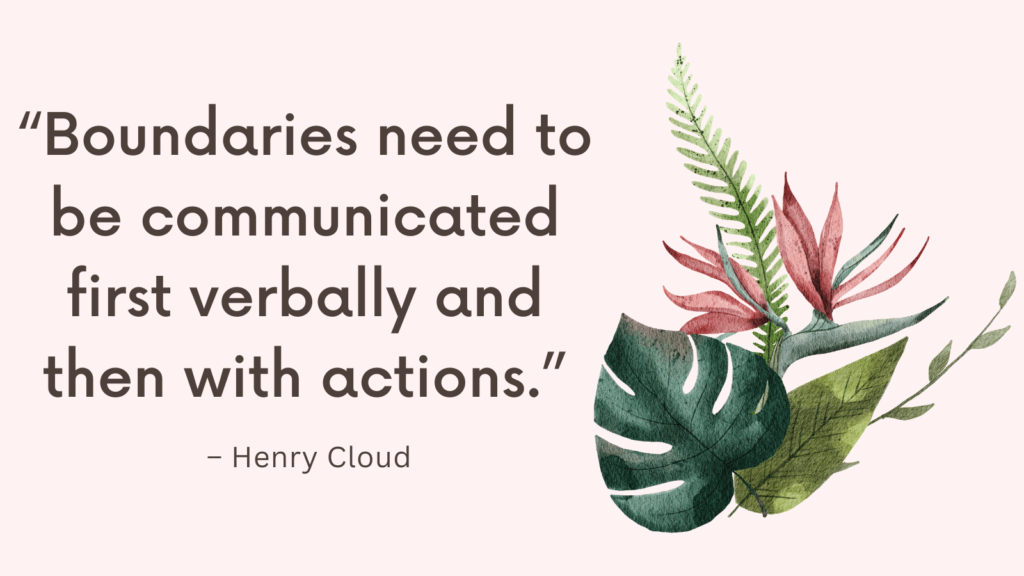In this post, you’re going to learn how to deal with entitled people.
Signs of Entitled People
1. Sense of Superiority
Entitled individuals often exhibit a pervasive sense of superiority, believing that they are inherently more deserving or important than others.
They may disregard the needs and opinions of those around them, displaying an inflated sense of self-worth.
2. Unrealistic Expectations
Entitled individuals frequently have unrealistic expectations of special treatment or privileges.
They may demand excessive attention, resources, or accommodations without considering the impact on others.
Their expectations extend beyond what is reasonable or fair.
3. Lack of Empathy
Empathy, the ability to understand and share the feelings of others, is frequently lacking in entitled individuals.
They may struggle to consider the perspectives or emotions of those they interact with, focusing primarily on their own needs and desires.
Related: Top 5 Reasons Why Narcissists Target Empaths – & How to Starve The Narcissist of Supply
4. Entitlement-Driven Behavior
Entitled individuals often engage in entitled behavior, which manifests as acts of entitlement, such as demanding immediate gratification, asserting their preferences without compromise, or expecting recognition and praise without earning it.
5. Exploitation of Others
Entitled individuals may exploit the efforts, resources, or goodwill of others to fulfill their own desires or ambitions.
They may take advantage of relationships or manipulate situations to further their own goals, often without regard for the well-being of others.
6. Difficulty Accepting Criticism
Entitled individuals may struggle to accept criticism or feedback from others.
They may react defensively or dismissively, perceiving any critique as a personal attack on their perceived superiority or entitlement.
Related: How To Overcome Entitlement Mentality? Top 3 Proven Ways To Stop Being Entitled
7. Blaming Others
In the face of challenges or setbacks, entitled individuals tend to blame others rather than taking responsibility for their actions or shortcomings.
They may find it difficult to acknowledge their own mistakes, instead shifting blame onto external factors or individuals.
8. Lack of Gratitude
Entitlement often goes hand-in-hand with a lack of gratitude.
Entitled individuals may fail to express appreciation or acknowledge the efforts and contributions of others towards their success or well-being.
9. Difficulty with Boundaries
Boundaries are often disregarded by entitled individuals, as they prioritize their own wants and needs above the rights and boundaries of others.
They may overstep personal boundaries, invade privacy, or push for exceptions to rules that apply to everyone else.
Related: How To Set Boundaries With A Narcissist?
How to Deal with Entitled People?
Dealing with entitled individuals can be a challenging and emotionally draining experience.
The sense of entitlement often leads to conflict, frustration, and negative feelings in both personal and professional relationships.
1. Recognize and Validate Your Feelings
The first step in managing interactions with entitled individuals is acknowledging and validating your own emotions.
It is normal to feel anger, frustration, or even helplessness when encountering entitled behavior.
By recognizing and acknowledging these feelings, you can start the healing process.
2. Set Clear Boundaries
Establishing and reinforcing clear boundaries is essential when dealing with entitled individuals.
Clearly communicate your expectations and limits, ensuring they align with your values and needs.
Remember, setting boundaries helps protect your well-being while encouraging healthier interactions.
Related: How To Turn The Tables On A Gaslighter?
3. Develop Empathy
While empathy may seem counterintuitive when dealing with entitled individuals, it can be a powerful tool for fostering understanding.
Try to identify and understand the underlying reasons behind the entitlement, such as insecurities or past experiences.
This empathetic perspective can help diffuse tension and enable constructive communication.
4. Practice Assertive Communication
Assertive communication is crucial in navigating interactions with entitled individuals.
Use “I” statements to express your thoughts and feelings in a respectful and confident manner.
Be direct, honest, and clear about your boundaries, needs, and expectations.
This approach helps establish open channels of communication and avoid misunderstandings.
Related: Top 25 Tips On How To Set Boundaries Without Being Controlling? (+FREE Worksheets PDF)
5. Avoid Feeding into the Entitlement
Entitled individuals often thrive on attention and validation.
Refrain from reinforcing their entitled behavior by not giving in to excessive demands or attempting to appease them at the expense of your own well-being.
Instead, focus on maintaining consistency and fairness, ensuring that your actions remain aligned with your principles.
6. Reframe Perspectives
An entitled individual’s behavior may appear personal, but it often arises from their own insecurities and flawed beliefs.
Reframing their behavior by viewing it as a reflection of their own struggles can help you detach emotionally and navigate situations with greater clarity and objectivity.
7. Accept the Limits of Your Control
Finally, it’s important to acknowledge that you cannot change the entitlement of others directly.
Focus on what is within your control – your reactions, boundaries, and choice of relationships.
Accepting this limitation can alleviate unnecessary stress and redirect your energy toward maintaining your well-being.
Related: How To Overcome High Functioning Codependency?

Conclusion
Dealing with entitled individuals requires emotional resilience, assertiveness, and empathy.
Applying these psychological strategies can help you navigate challenging interactions more effectively.



